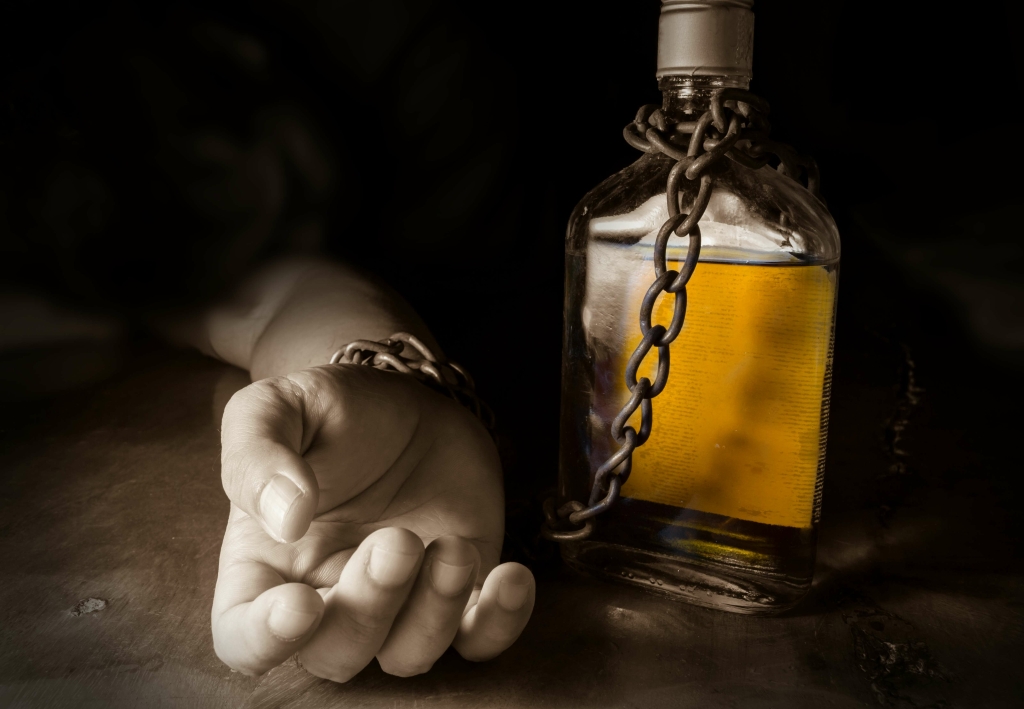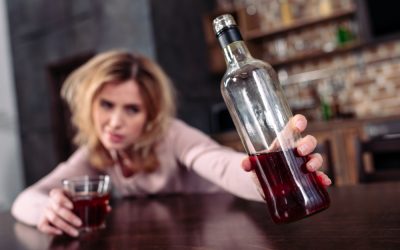Alcohol impairs cognitive function, which means it is more difficult to problem-solve, control anger, and make good decisions when drinking. Decreased cognitive function also means it’s more likely for you to misread a situation and overreact. For example, if you’re intoxicated, you might perceive someone bumping http://rupest.ru/ppdb/fatty-alcohol-ethoxylate.html into you by accident as a provocation and respond aggressively. Taking action to manage negative emotions as you experience them can help keep them from getting too overwhelming. If you begin to notice any unwanted side effects — physical or emotional — while drinking, it may be best to call it a night.

Exploring The Relationship Between Addiction & Anger
You might also want to consider natural supplements such as tyrosine, 5-HTP, and ashwagandha to help rebalance your brain’s neurotransmitters. Just check with your doctor before trying these, especially if you’re taking medication. Progressive muscle relaxation (PMR) is another way to release muscle tension from the top of your head to the soles of your feet.
Exploring The Relationship Between Depression and Addiction

More research is required before an adequate answer can be produced. Integrated treatment is an effective form of treatment to deal with addiction and co-occurring disorders, meaning mental illnesses, such as depression, schizophrenia, or bipolar disorder, that occur alongside drug or alcohol https://kultyres.ru/uchebnie_materiali/%d1%81%d1%82%d1%83%d0%b4%d0%b5%d0%bd%d1%87%d0%b5%d1%81%d0%ba%d0%b8%d0%b5-%d1%80%d0%b0%d0%b1%d0%be%d1%82%d1%8b/referat-molodejnye-sybkyltyry-goty.html addiction. Many people struggle with anger and irritability related to depression. This is not a personal failing on your part, and it might not be within your control. However, you can learn some coping strategies that can help you escape a bad mood, manage your anger, and feel better.
Drink plenty of water
- In addition to receiving guidance from experienced professionals, support groups are effective for building relationships.
- The full impact of drinking too much hits about 72 hours after the alcohol has left the bloodstream.
- It affects parts of your brain responsible for movement, memory, self-control, and basic functions like hunger and thirst.
- Stretching has been shown to release serotonin, the neurohormone that helps stabilize our moods and make us feel good.
- And often, people may use the word “depressed” as a way to verbalize how they are feeling.
This also suggests possible changes in brain glucocorticoid pathways in humans that may increase risk of hazardous drinking. As stated earlier, alcohol consumption stimulates cortisol release; however, in response to either stress or alcohol exposure, the increase in cortisol is lower in people who binge drink or drink heavily than in those who drink moderately. This disruption in alcohol-related cortisol signaling and the need to drive the homeostatic HPA axis rhythm back to functional levels may be one component of the enhanced motivation for alcohol in those who drink alcohol at binge and heavy levels. This conceptual model suggests that normalizing the brain and body’s stress and motivational coping responses may reduce risk of hazardous drinking.
Address negative feelings when they come up
It can make the symptoms of conditions such as anxiety and depression worse, leading to more intense feelings of isolation and loneliness. If drinking becomes alcohol use disorder, it can lead to shame, denial, and other negative emotions that can make someone reluctant to spend time with others. Among people with major depressive disorder, the co-occurrence of AUD ranges from 27 to 40 percent over a lifetime, according to the https://fu-fu-nikki.com/2020/07/ National Institute on Alcohol Abuse and Alcoholism (NIAAA). In fact, research shows that anxiety and mood disorders commonly co-occur with alcohol use disorder, and depression is the most common among them. A lifelong habit of suppressing emotions can make it harder to name and work through those feelings. As a result, men might also have a harder time recognizing depression symptoms, or linking their anger to depression.

- Support groups like Adult Children of Alcoholics and Al-Anon can also be helpful, Fehling says.
- Researchers have studied the connection between anger and aggression for years.
- For some, depression hits first and drinking becomes a way to self-medicate.
- In addition, if you join a group with a facilitator, you might discover helpful strategies to better manage your depression and anger.
- But there are ways you can meet new people and form friendships without any alcohol involved.